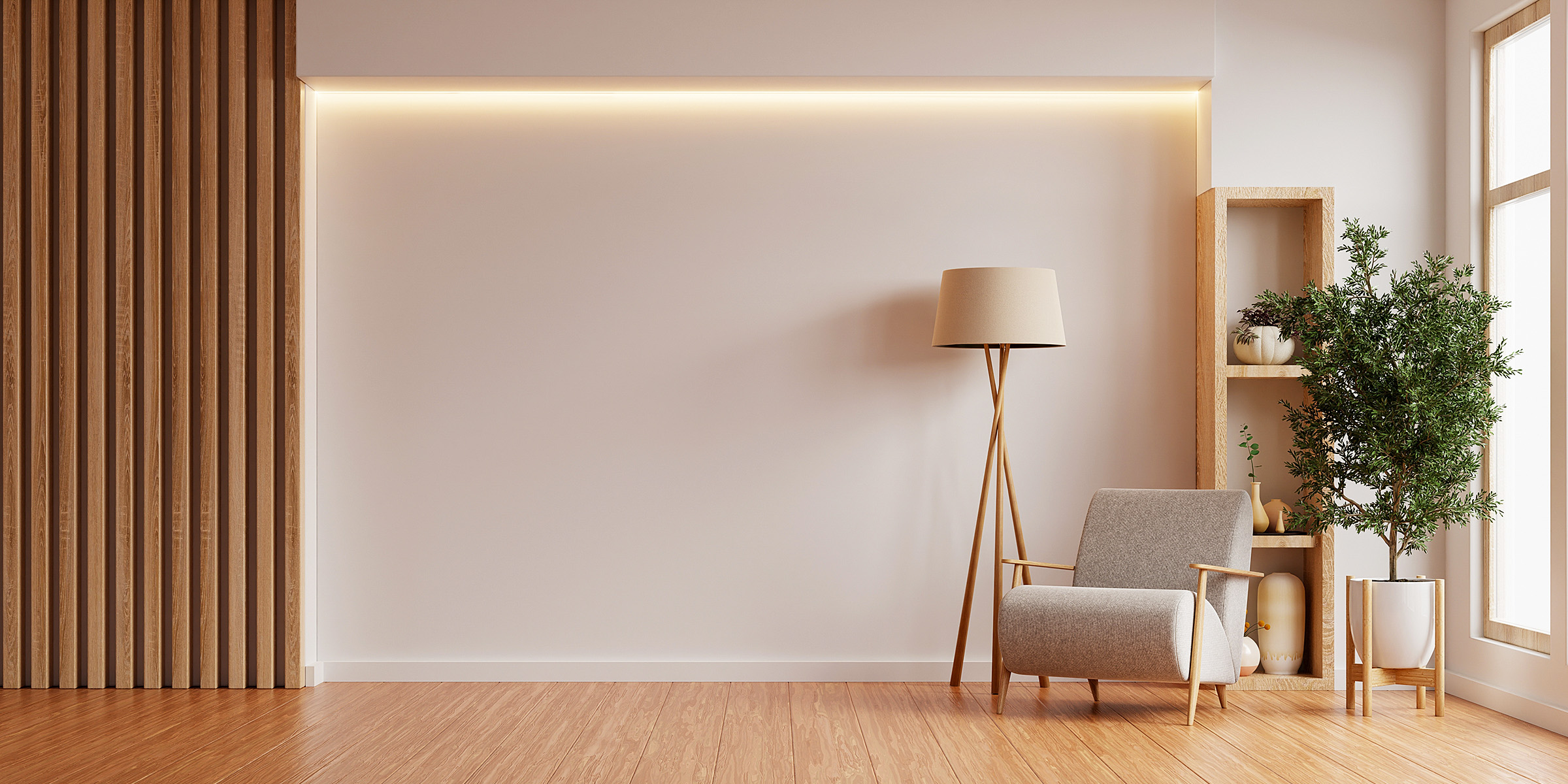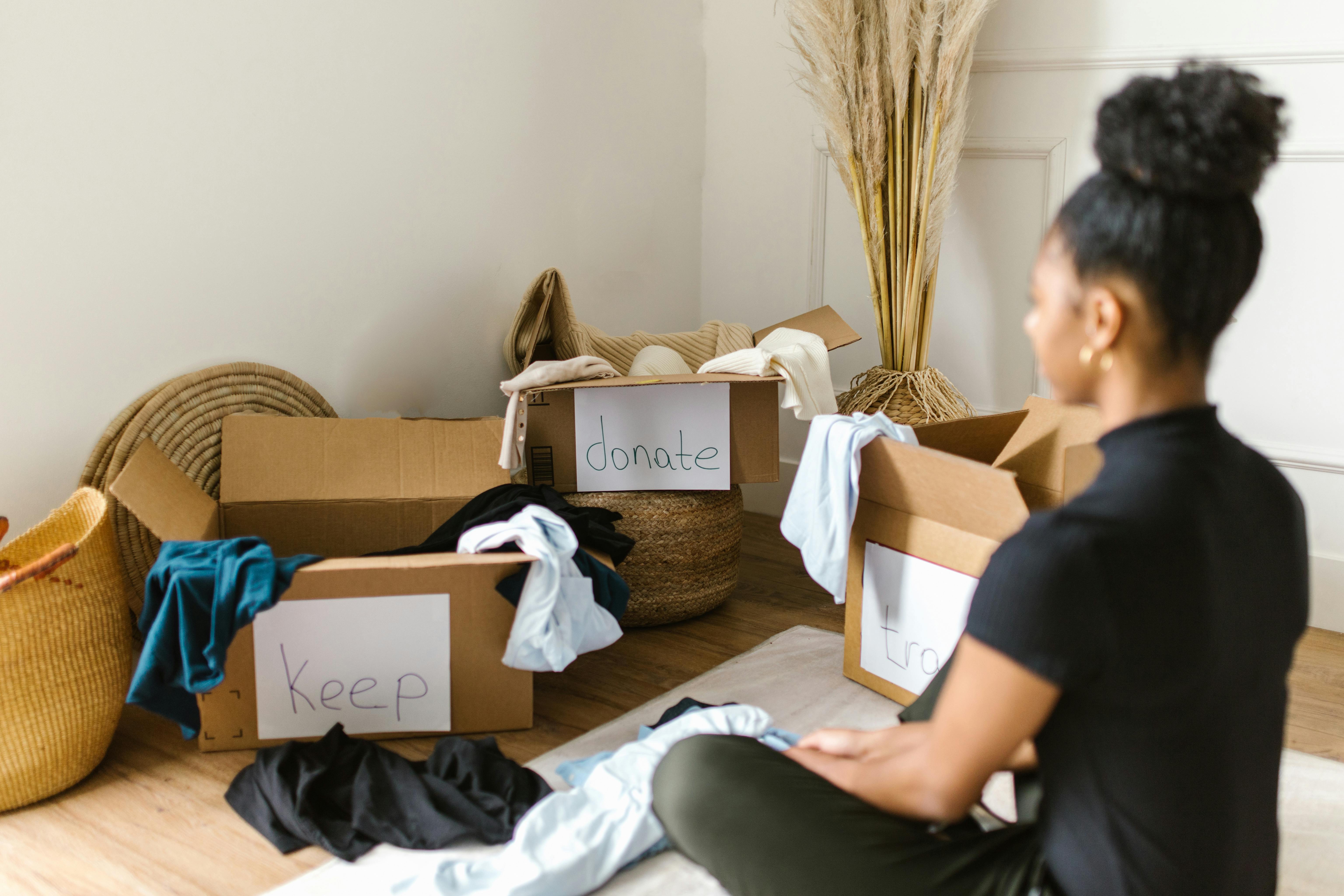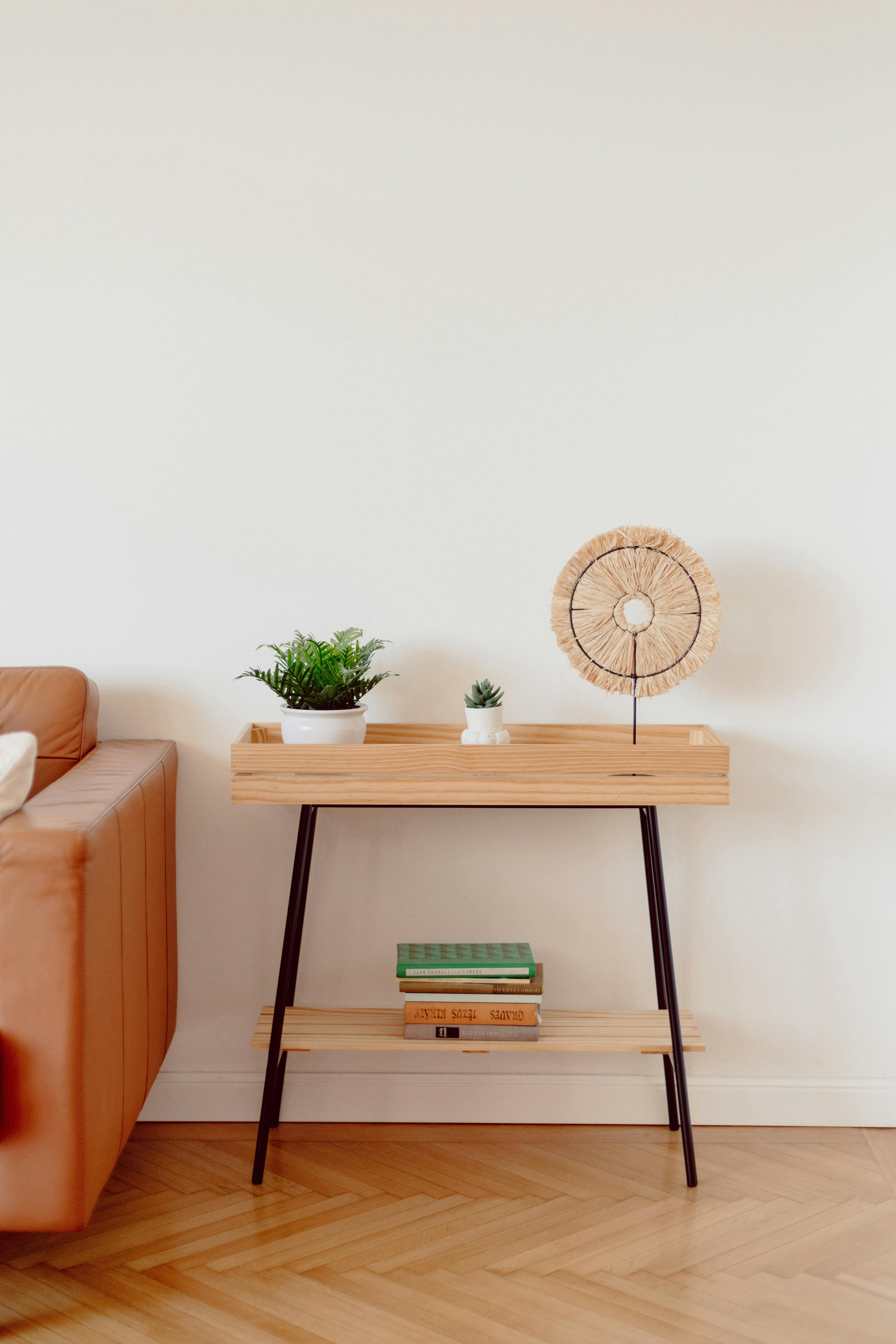
Less Is More: How Minimalism Can Boost Your Happiness and Well-Being
Imagine a life less tangled in things, where clarity and contentment come from simplicity rather than excess. This shift in thinking could change how you experience happiness.
The minimalist mindset goes beyond simply owning fewer things. It is a way of thinking that changes how people value possessions and prioritize their time and energy. This mindset emphasizes intentional living. It's all about making conscious choices about what to keep, what to let go, and what adds meaning and happiness to life.
Advertisement

Woman decluttering her space | Source: Pexels
Advertisement
Minimalism starts with understanding that happiness and fulfillment are not found in accumulating goods. Instead, it grows from clarity and focus on meaningful experiences and relationships. When the distractions of excess clutter and unnecessary items fade, it becomes easier to appreciate what matters most.
The psychology behind minimalism shows that it can reduce stress and mental clutter. When people have fewer possessions, they tend to worry less about maintenance, organization, and keeping up appearances.
Advertisement
This freedom creates space for mental clarity. It also promotes better decision-making by limiting options to those aligned with one's values.

A person packing clothes in a cardboard | Source: Pexels
Advertisement
Research links minimalism to improved well-being. Reducing physical clutter can reduce anxiety and increase feelings of calm and control. People who adopt a minimalist lifestyle report spending more quality time with family and friends, pursuing creative interests, and engaging in self-care. They often experience increased productivity and a greater sense of gratitude.
Minimalism is not about strict deprivation or rigid rules. It is about tailoring the environment and lifestyle to meet individual needs while eliminating what causes distraction or dissatisfaction. Some practice minimalism by decluttering their homes regularly. Others prioritize experiences over things, such as travel or learning new skills.
Advertisement

Table with shelf by the wall | Source: Pexels
Advertisement
Community also plays a role in minimalism. Many find support through minimalist groups, blogs, and social media, where they share tips and encouragement. This shared journey helps people stay motivated and reconsider consumer habits influenced by societal pressures.
To adopt a minimalist mindset, start by assessing what possessions truly add value. Ask which items serve a purpose or bring joy and which contribute to stress or guilt. Next, create systems to maintain simplicity. This might mean donating unused items, limiting new purchases, or setting simple routines for daily living.
Advertisement

People at a yard sale | Source: Pexels
Advertisement
Minimalism also encourages mindfulness in consumption. Before acquiring something new, individuals consider its long-term usefulness and environmental impact. This conscious approach often leads to better financial health, less waste, and a deeper appreciation for quality over quantity.
Living minimally fosters an intentional life, where people spend resources on what aligns with their core values. This lifestyle shift results in more time, energy, and happiness to devote to personal growth, relationships, and passions. With less physical clutter, there is more mental space for creativity and peace.
Advertisement

Senior man looking at vintage items | Source: Pexels
In short, the minimalist mindset is about finding freedom through less. It enables people to focus on what truly enriches their lives, shedding distractions that drain time and joy. By embracing minimalism, individuals craft a life marked by clarity, purpose, and happiness.
Advertisement
